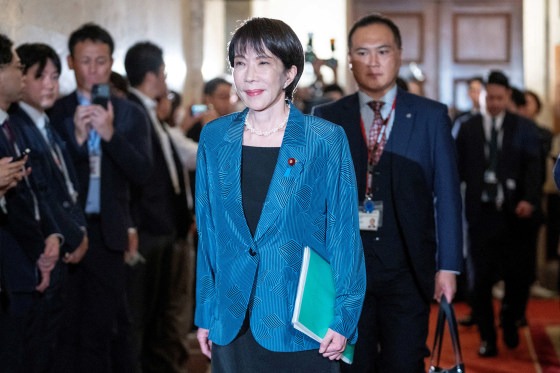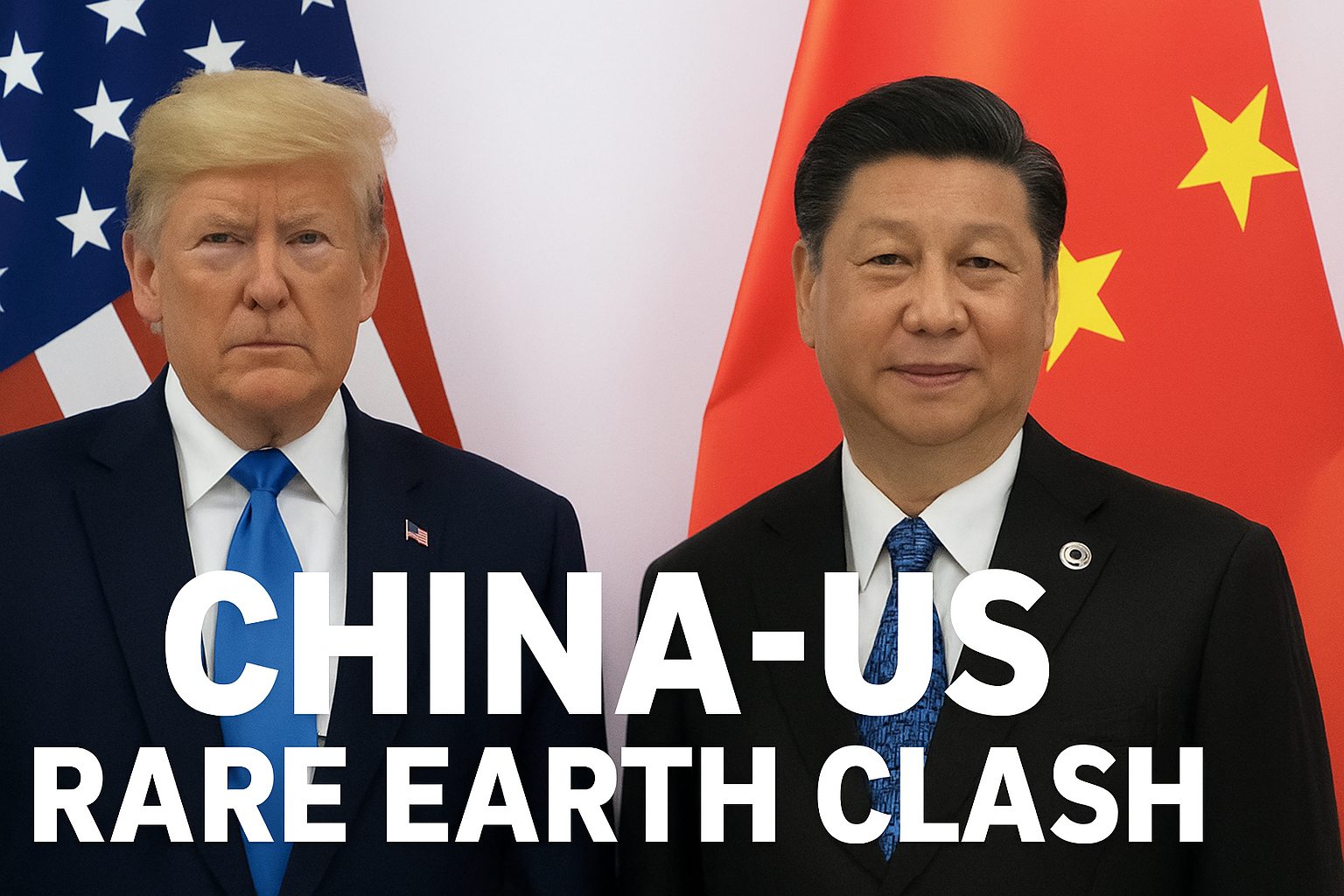.jpeg)
In South Asia’s complex chessboard of diplomacy, geography often dictates destiny, and paranoia seems official policy. Recent reports from Balochistan’s Makran coast confirm what many in New Delhi already suspect: Pakistan’s military is negotiating a deal, dressed as “strategic and commercial sense” to allow American investment in Pasni port. But this is more than business; it is a stark illustration of Islamabad’s chronic dependence on external powers.
For India, this is hardly a surprise. It is just the latest episode in Pakistan’s long history of selling strategic assets to the highest or most immediate bidder. The army, the true architect of Pakistan’s foreign policy, is steering the country into another transactional deal. The stated objective to inject funds into Balochistan serves as little more than a cosmetic cover for a move driven by raw geopolitical calculation.
The Dance of Duplicity on the Makran Coast
Pakistan has perfected the art of a schizophrenic foreign policy. Its ports, from Karachi to Gwadar, have long been pawns in great power rivalries. Gwadar, the jewel of the China-Pakistan Economic Corridor (CPEC), is just a hundred kilometres from Pasni, firmly under China’s influence. Yet, with the new American interest in Pasni, Rawalpindi is clearly hedging its bets—appeasing Beijing while inviting Washington to counterbalance China’s growing shadow.
This juggling act, often hailed as shrewd diplomacy, is in reality desperation. Pakistan’s generals see external funding as a lifeline for an economy in constant crisis. For the U.S., Pasni offers a forward strategic position near Afghanistan and the Arabian Sea. The result is a temporary alignment of convenience: Pakistan seeks dollars, America seeks presence.
Why Pasni Matters to India
For India, the Pasni pivot is more than a commercial transaction; it is a security concern. The Arabian Sea is vital to our trade and naval security. Any additional strategic footprint near our coastline, even disguised as commercial investment, is carefully watched. History shows that a strategic asset in Pakistan is rarely just an asset for Pakistan; it inevitably complicates India’s security environment.
Balochistan adds another layer of concern. The region has long witnessed military suppression, and investment funneled through Pakistan’s army legitimises its control over the local population. Strategic short-term gains are prioritised over the long-term aspirations of the people, perpetuating political instability in a region already fraught with tension.
The Quixotic Quest of Pakistan
Pakistan’s history reads like a cycle of temporary alliances and fleeting friendships. From SEATO and CENTO to China, and now a cautious return to the U.S., Islamabad’s strategic calculus has consistently been transactional. Each “strategic triumph” leaves the country deeper in debt, politically fragmented, and weaker strategically.
The Pasni deal is just another chapter in this enduring story. By selling strategic geography under the guise of sovereignty, Pakistan repeats the subcontinent’s harshest lesson: transactional politics comes at the highest cost. New Delhi watches not with alarm, but with weary recognition of a pattern that is as predictable as it is self-defeating.


.jpeg)





.jpeg)



.jpeg)



.jpeg)
.jpeg)


